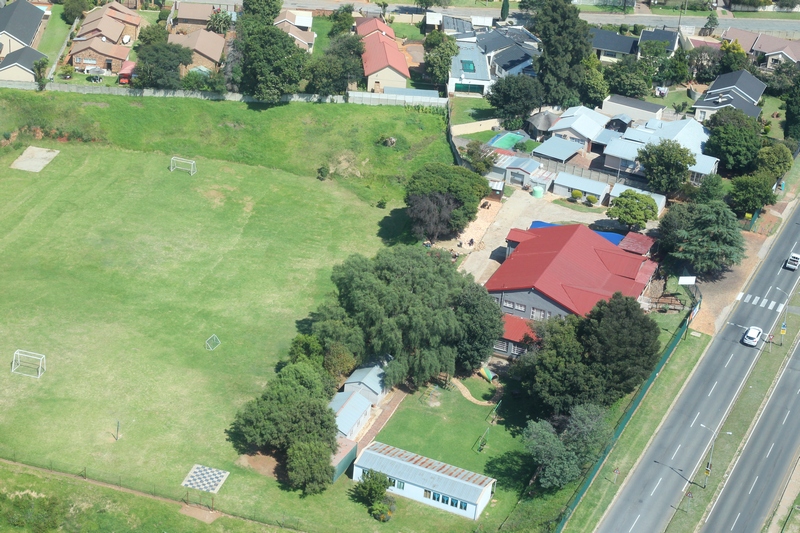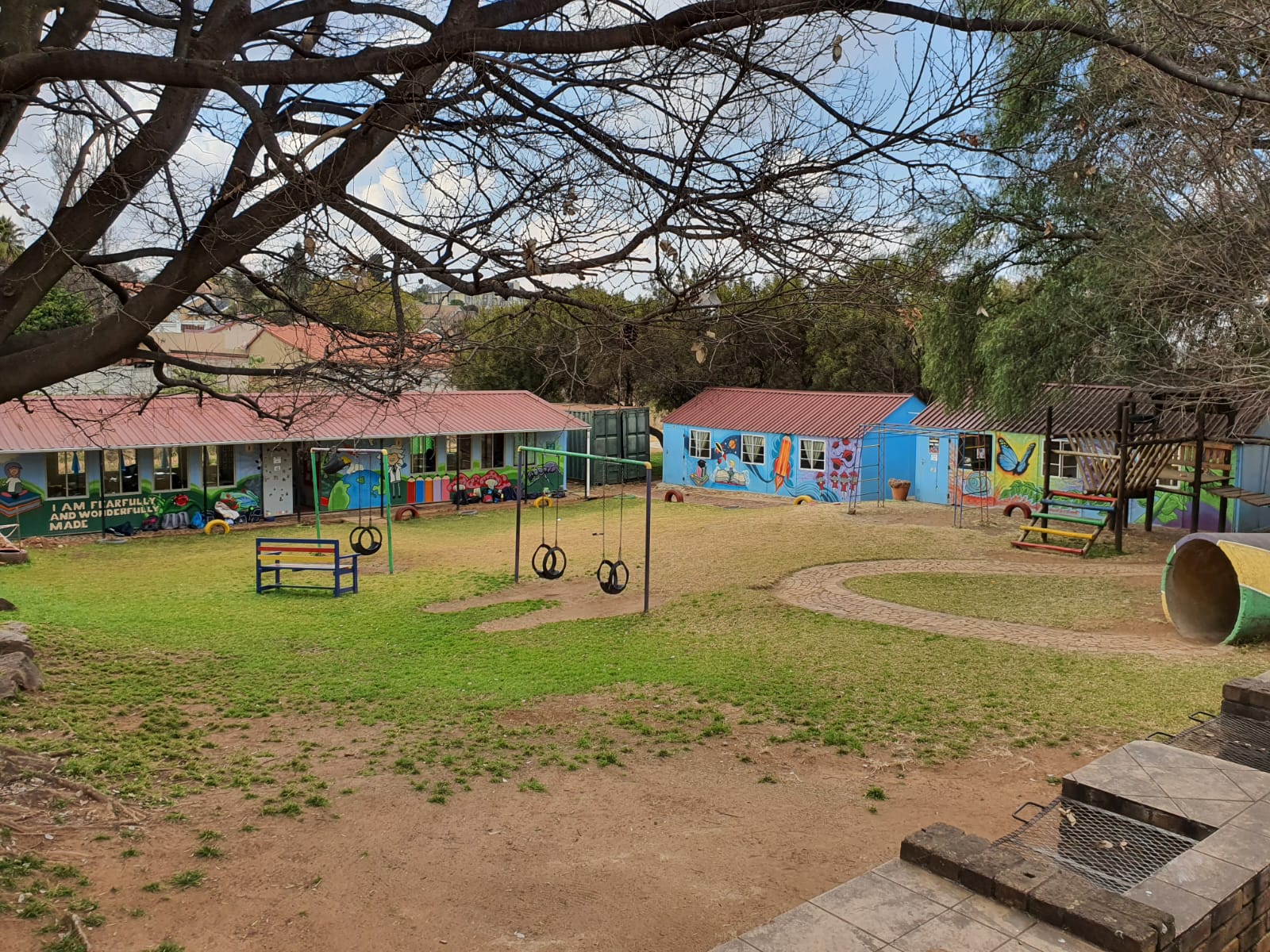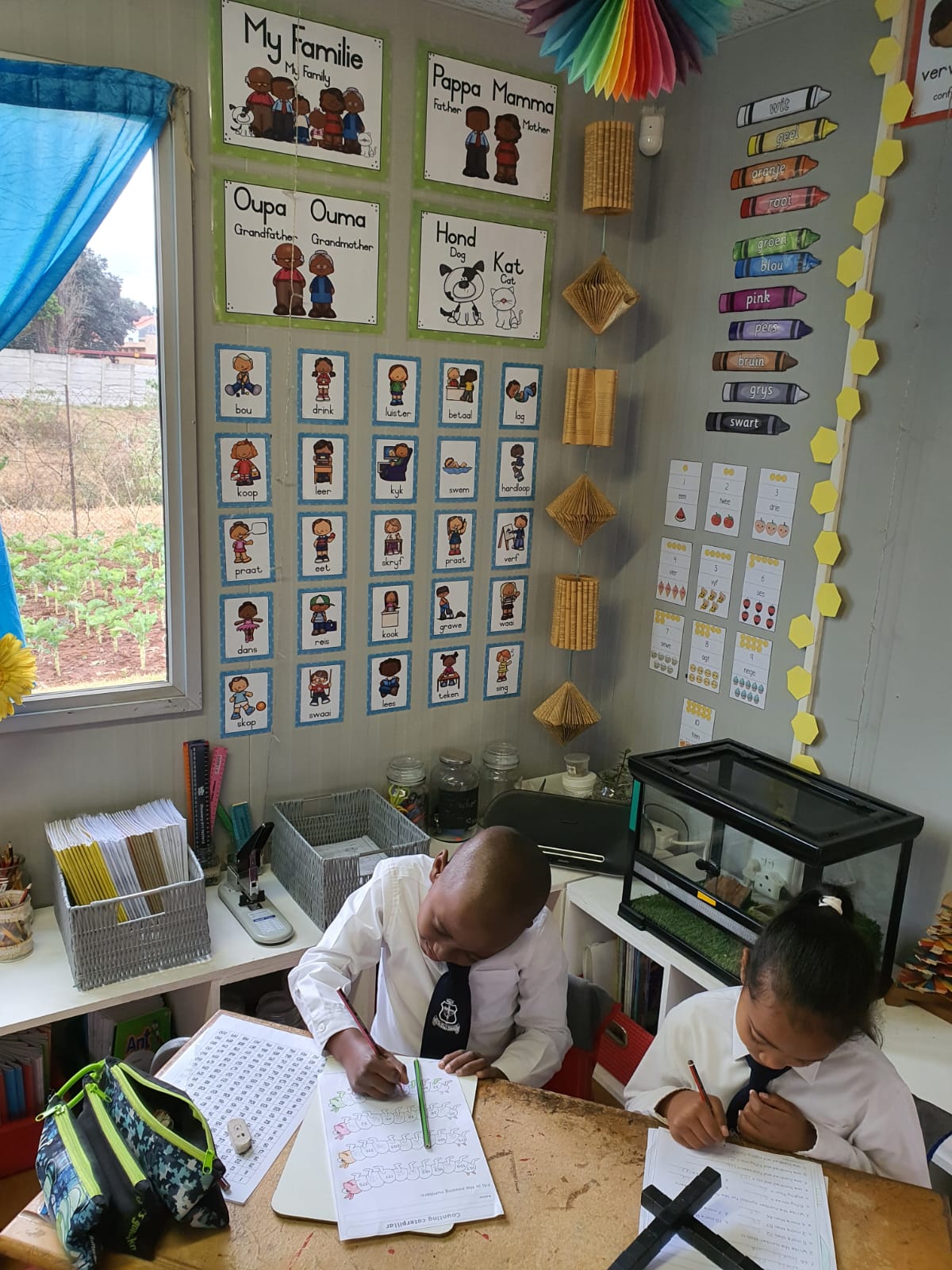




Positioning our kids for future success
Since IQ testing in the middle of the last century, educationists have pondered over the question as to what factors contribute most significantly to students' future success. While IQ was believed to be the major contributor in the early decades, researchers have been overwhelmed with more and more data in recent times showing that factors such as emotional intelligence and executive function are way more important for a student to be successful in later life.
So what is executive function? Think about that word 'executive ' - it alludes to an individual's ability to 'execute' - to perform a task effectively. From something as small as planning a trip, arranging an itinerary, or navigating a journey to more complex tasks such as writing a book, career planning and household budgeting. You might think that everyone should be able to do these things instinctively, but surprisingly large numbers of people are totally inept in these areas. They suffer from executive dysfunction. They've never been adequately trained.
Executive functioning skills are sometimes referred to as self-regulation skills. As students master these skills, they move from a place of other-regulation, where they are dependent on teachers or parents to regulate their executive function, to a place of self-regulation, where they are able to autonomously initiate and successfully complete tasks. At a young age (preschool and early education) social-emotional self-regulation skills are most important. This is when children learn how to relate to others in a group setting with special reference to regulating emotional responses in a socially acceptable way.
However these social-emotional self-regulation skills are only a precursor to learning-related cognitive self-regulation skills that develop as children enter a more formal learning environment. The earlier and better the social-emotional skills are mastered, the greater chance that children will also successfully navigate the development of the learning-related skills.
As with any skills training, repetition and reinforcement within a consistently applied programme is the most effective way of leading students to mastery. As a school, we encourage our parents to partner with us in a deliberate and intentional growing of the self-regulation or executive functioning skills.
Ken Langley.





